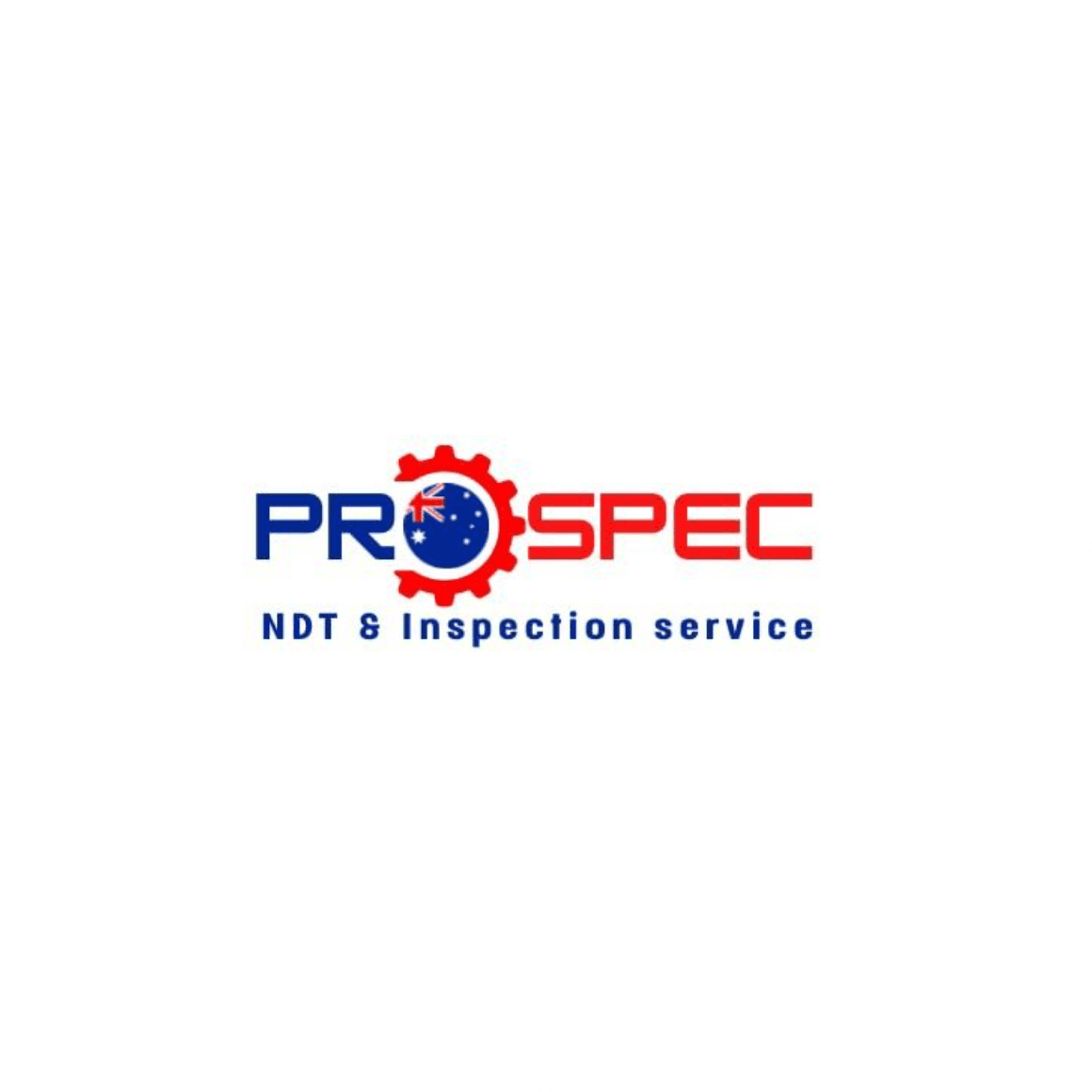Common Misconceptions About Vessel Inspections in Thailand
Understanding Vessel Inspections in Thailand
Vessel inspections in Thailand are a crucial part of ensuring maritime safety and compliance with international standards. Despite their importance, there are many misconceptions about these inspections that can lead to confusion and misinformation. In this blog post, we aim to clear up these misunderstandings and provide accurate information about the process.

Misconception 1: Inspections Are Unnecessary Bureaucracy
One common misconception is that vessel inspections are merely bureaucratic hurdles with little real-world benefit. However, vessel inspections are essential for maintaining safety at sea. They help identify potential issues that could lead to accidents, environmental hazards, or legal non-compliance. By conducting regular inspections, authorities ensure that vessels meet safety standards, protecting both crew and cargo.
Furthermore, inspections are aligned with international maritime regulations. This ensures that vessels operating in Thai waters are in compliance with global safety and environmental standards, fostering a safer maritime environment for all.
Misconception 2: All Inspections Are the Same
Another misconception is that all vessel inspections are identical, regardless of the type or size of the vessel. In reality, inspections vary based on several factors including the type of vessel, its size, and its purpose. For instance, passenger vessels undergo different checks compared to cargo ships. The inspection criteria are tailored to address the specific risks associated with each type of vessel.

Understanding these differences is crucial for vessel operators to prepare adequately for inspections and ensure compliance with the relevant standards. Tailored inspections help in identifying unique risks and mitigating them effectively.
Misconception 3: Inspections Are Only About Legal Compliance
While legal compliance is a significant aspect of vessel inspections, it is not the sole purpose. Inspections also focus on ensuring operational efficiency and environmental protection. By identifying issues early, inspections help operators avoid costly repairs and downtime. This proactive approach not only saves money but also enhances the longevity and performance of the vessel.
- Operational efficiency: Ensuring all systems function optimally.
- Environmental protection: Preventing oil spills and other ecological impacts.
- Cost savings: Reducing unexpected maintenance expenses.
Misconception 4: Inspections Are a One-Time Requirement
Some believe that once a vessel has passed an inspection, it doesn't need to be inspected again for a long time. However, regular inspections are necessary to maintain ongoing compliance and safety. Vessels are exposed to harsh marine environments, which can lead to wear and tear over time. Regular inspections help in monitoring these changes and addressing them promptly.

In Thailand, the frequency of inspections can depend on several factors including the age of the vessel and its operational area. Staying informed about these requirements helps operators avoid penalties and ensures continuous safe operations.
Conclusion
Clearing up these misconceptions about vessel inspections in Thailand is vital for anyone involved in the maritime industry. Understanding the true purpose and nature of these inspections can lead to better compliance, improved safety, and more efficient operations. Vessel operators should stay informed about inspection requirements and view them as an integral part of maritime operations rather than a mere formality.
